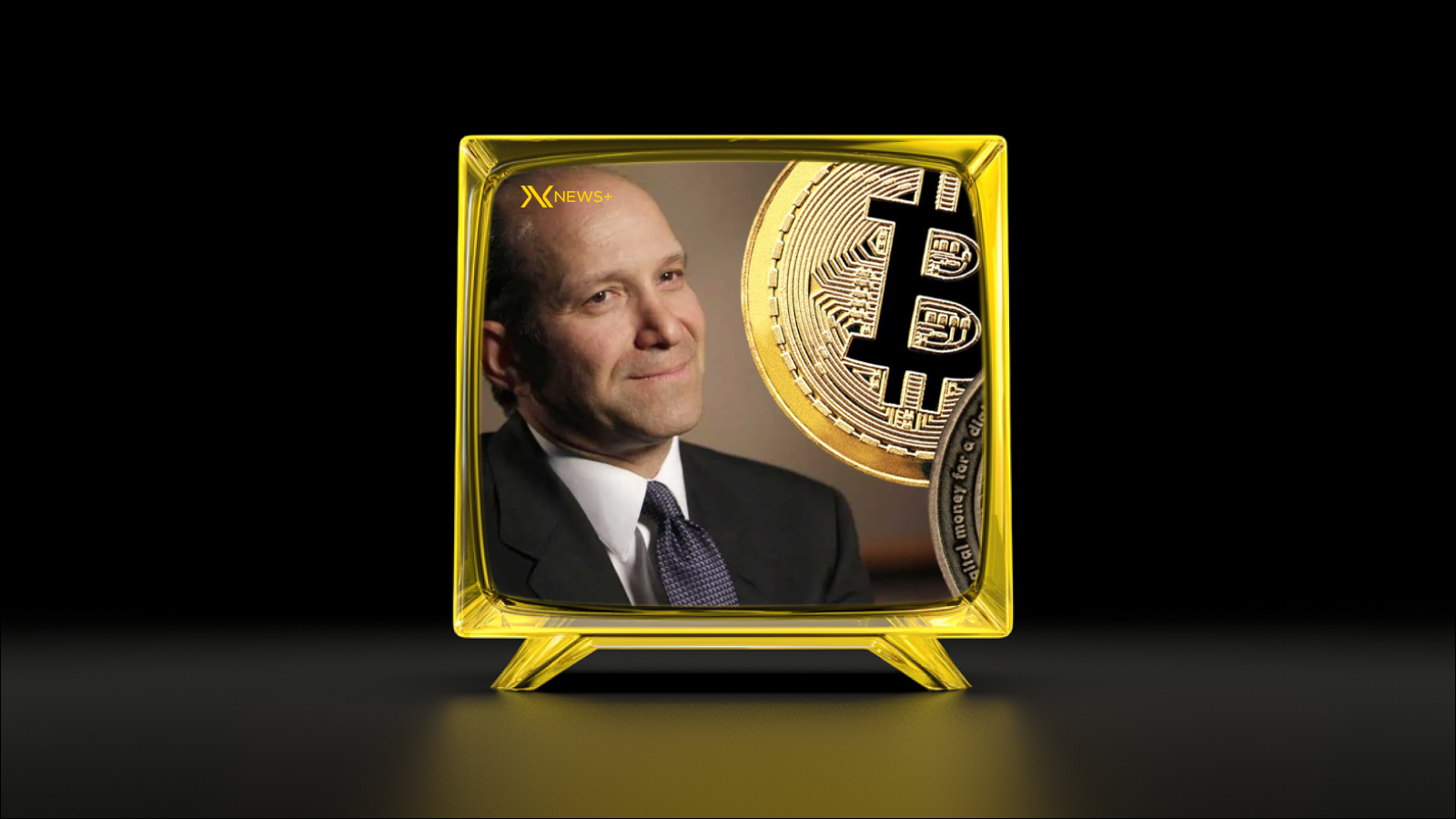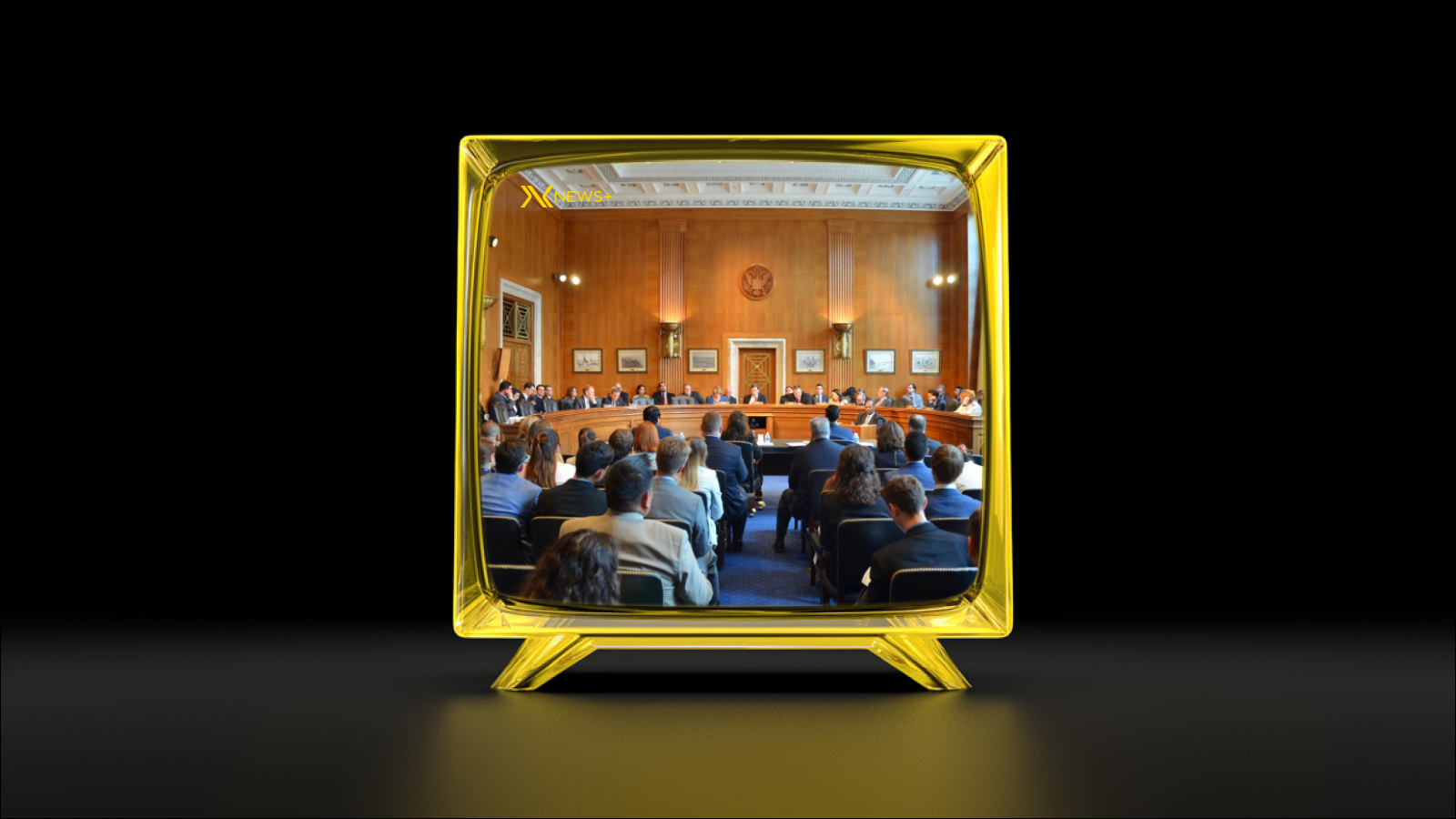Explore Howard Lutnick’s advocacy for crypto, the implications of his appointment for regulation, and the challenges facing the industry ahead.
In a significant move for the cryptocurrency space, Howard Lutnick’s confirmation as the U.S. Secretary of Commerce signals a potential transformation in how crypto regulation is approached in the United States. Known for his strong advocacy for digital currencies, Lutnick may pave the way for more favorable policies that could enhance the sector’s growth.
The pending evolution of institutional adoption is at the forefront of discussions surrounding this appointment. With Lutnick at the helm, the expectation is that there will be a robust push towards creating a regulatory environment that encourages institutional players to engage more seriously with digital assets.
Furthermore, Lutnick’s history in the finance world provides him with a unique perspective on the intricacies of navigating regulations for crypto firms. This expertise could help bridge the gap between blockchain technology and traditional financial systems.
As the crypto industry seeks legitimacy and acceptance, Lutnick’s influence in shaping crypto regulation will likely be pivotal. His ability to navigate governmental policy frameworks could ensure that the U.S. remains a key player in the global cryptocurrency landscape.
Howard Lutnick has long been a vocal supporter of the cryptocurrency movement, viewing it as a pivotal aspect of modern finance. As the CEO of Cantor Fitzgerald and a major player in the financial services industry, he has consistently advocated for the adoption of digital currencies and blockchain technology. Lutnick’s pro-crypto stance positions him uniquely as he takes on the role of U.S. Secretary of Commerce, where he can influence how crypto regulation will evolve.
His belief in the potential of cryptocurrencies is rooted in their ability to drive institutional adoption. Lutnick has argued that understanding and integrating these technologies will not only benefit the financial sector but also enhance economic growth opportunities across various industries. This supportive position aligns with the broader need for more comprehensive frameworks surrounding crypto regulation.
Moreover, Lutnick has emphasized the importance of fostering an environment where innovation can thrive alongside consumer protection. He understands that the regulatory landscape must adapt to the rapid advancements in the crypto space, ensuring that the U.S. remains competitive on a global scale.
As he steps into his new role, Lutnick’s previous experience and established relationships within the crypto community may play a crucial role in shaping policies that encourage institutional adoption while maintaining a robust regulatory framework. This potential to bridge gaps between innovation and regulation makes his appointment a significant win for the burgeoning crypto industry.
What Lutnick’s Appointment Means for Crypto Regulation
In recent years, the regulatory landscape for cryptocurrencies has been evolving rapidly. Howard Lutnick’s appointment as U.S. Secretary of Commerce signals a potential shift toward a more supportive stance for the crypto industry. With his background and connections, Lutnick is expected to advocate for regulations that promote innovation while ensuring the stability of the markets.
His leadership may foster a more collaborative environment between regulatory bodies and the crypto landscape. As a renowned figure in finance and a pro-crypto advocate, Lutnick’s influence could lead to legislation that encourages institutional adoption, thereby solidifying the legitimacy of cryptocurrencies in mainstream finance.
Moreover, Lutnick’s vision for crypto regulation may focus on clarity and transparency, key factors that are essential for attracting institutional players hesitant about compliance risks. His efforts in this area could help to establish a more structured framework, paving the way for broader acceptance and integration of digital assets into the financial system.
Altogether, Lutnick’s appointment is poised to have significant implications for the future of crypto regulation in the United States, balancing the need for innovation with essential regulatory measures to protect investors and maintain market integrity.
Challenges Ahead
Despite Howard Lutnick’s pro-crypto stance, the road ahead for crypto regulation will not be without its hurdles. One significant challenge is the need for collaboration between regulatory bodies and the crypto industry. For institutional adoption to gain momentum, clear guidelines and frameworks must be established that protect investors while fostering innovation.
Additionally, there is the challenge of public perception. While many view cryptocurrencies as an opportunity for growth and economic inclusivity, others remain skeptical, influenced by past market volatility and concerns over security. Changing this narrative will be critical for Lutnick as he navigates his role and seeks to promote institutional adoption.
Furthermore, global regulatory discrepancies pose another challenge. Different countries are adopting varied approaches to cryptocurrency regulation, which could lead to a fragmented market. It will be vital for Lutnick to advocate for a cohesive approach that allows the U.S. to remain competitive in the global digital economy.
Internal resistance within governmental structures could impede swift action. The bureaucracy often delays implementation of new regulations, which could hinder the progress of institutional adoption and innovation in the crypto sector. Lutnick’s ability to communicate effectively with policymakers and lawmakers will be essential to mitigate these challenges. As he steps into this important position, the crypto community will be closely watching how these factors play out during his tenure.
Disclaimer
This article is for informational purposes only and does not constitute financial, legal, or investment advice. Cryptocurrency investments are highly volatile and subject to market risks. Readers should conduct their own research and consult with a professional advisor before making any financial decisions.
Click for more News articles





